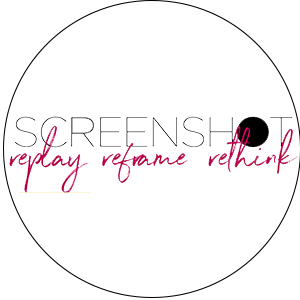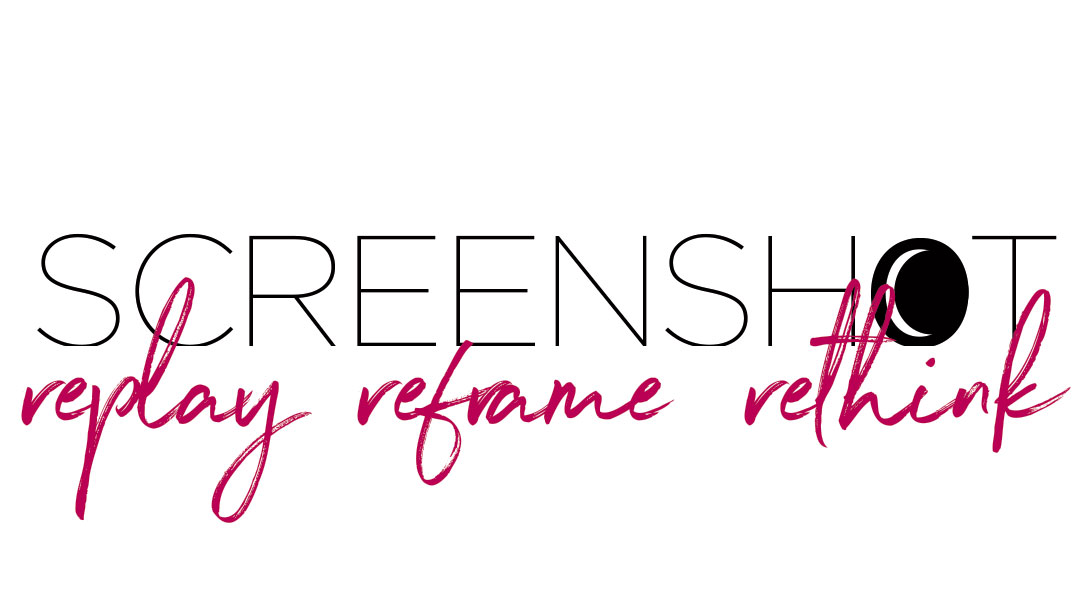Apologize. Right. Now.

How hard must we work to safeguard our reputation on channels beyond our comfort zones as frum Jews?

Our magazine is primarily a print publication, and our relationship with our readers is nurtured primarily via the printed medium.
But the world we inhabit is increasingly a digital one, and that means that many people who aren’t loyal Mishpacha readers see our content — whether it’s a feature on the website, a paragraph or two shared on WhatsApp, or a Kichels comic that goes viral.
Every human, and every publication created by humans, makes mistakes. But the digital world seems to harbor a specific hunger for finger-pointing that can be satiated only with outrage. So we’ve found that as our ambit grows wider and our reach more diverse, we’ve also incurred anger, blame, and shaming spurred by digital outrage campaigns calling to Apologize. Right. Now.
This magazine is put out by sensitive, thoughtful people. The specter of hurting people or damaging reputations is the most frightening thing about this job, and we take it very seriously. Every mistake means regret, shame, and lost sleep. It means lots of agonizing and analyzing and reconstructing processes and protocols — and always, lots of davening.
But we’re coming to notice something about the “apologize now” campaigns. Some of the calls to do better come from readers who enjoy and respect this publication, and who are genuinely disappointed and upset that we didn’t live up to their expectations. Others, however, come from people who don’t particularly like or even read the magazine, don’t identify with its values, and who get a rush from the actual condemnation. They’re not looking for us to do better; they enjoy the “gotcha” for its own sake.
L
iving in this era when everyone has access to our content, it seems to me that we need to operate on two planes. We have to work with a certain degree of tunnel vision — a primary focus on the readers — but with a side awareness of how things look to those on the outside as well. We need to keep the outsiders in mind, peripherally, but not to the point where we tailor our product to them and allow concerns about their perspective to cause us to compromise on what’s important to our core readership.
If we make a mistake — and being human, it’s inevitable that we will — then we should apologize to our readers who deserve and expect better than we managed to deliver. But must we bend over backward for people who don’t read the magazine and whose sport or sense of righteousness stems from attacking us?
(There is a bigger question here, one that virtually every chareidi organization and publication is grappling with, and that is: How hard must we work to safeguard our reputation on channels that are beyond our comfort zones as frum Jews? In a sense this is a question for frum society in general, and the answers will come with time and guidance from our greatest leaders.)
For us little people working every week to put out a magazine that inspires, informs, entertains, and connects, I think it’s helpful to remember that we work for our readers. We don’t work for the anonymous Social Media Lobby of Angry Vindictive People. Much, I’d guess even most, of our readership doesn’t really resonate with the seething anger and righteousness that characterizes that space.
We should keep that wider audience in mind, but the standards we aim to meet should be those of our readers. The people we aim to satisfy, inspire, and move should be our readers. The sensitivities that shape our coverage should be those of our readers. If we disappoint them, we want to make it up to them. And if we need to apologize, clarify, or pledge to do better, the best way to do so is in our weekly conversation with them, within the context of a long-standing relationship of trust and positivity, in the printed medium that is our regular meeting place.
—Shoshana Friedman
Managing Editor
(Originally featured in Mishpacha, Issue 909.
Oops! We could not locate your form.



